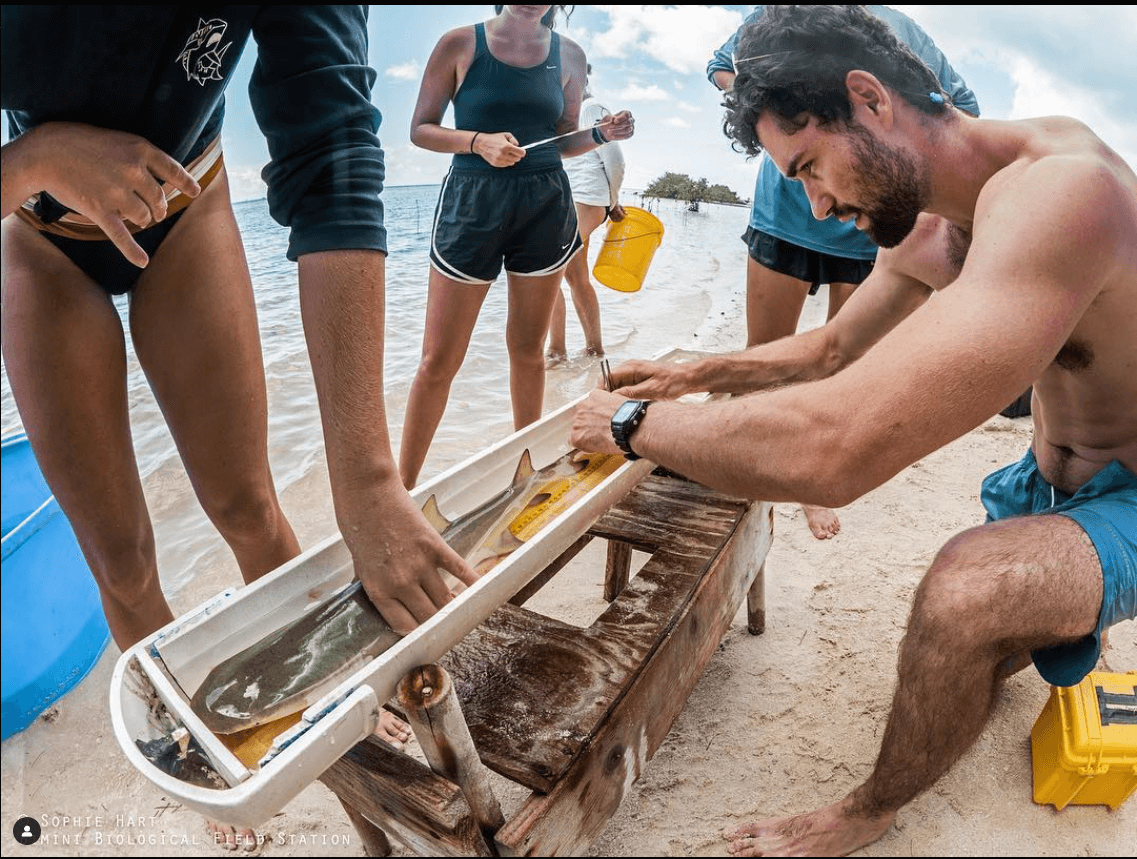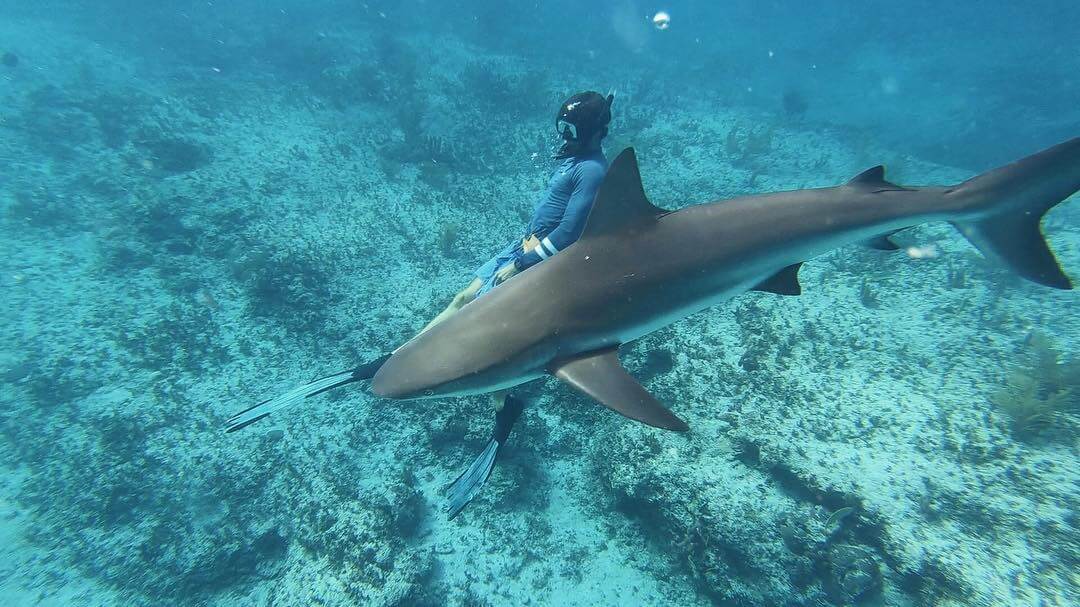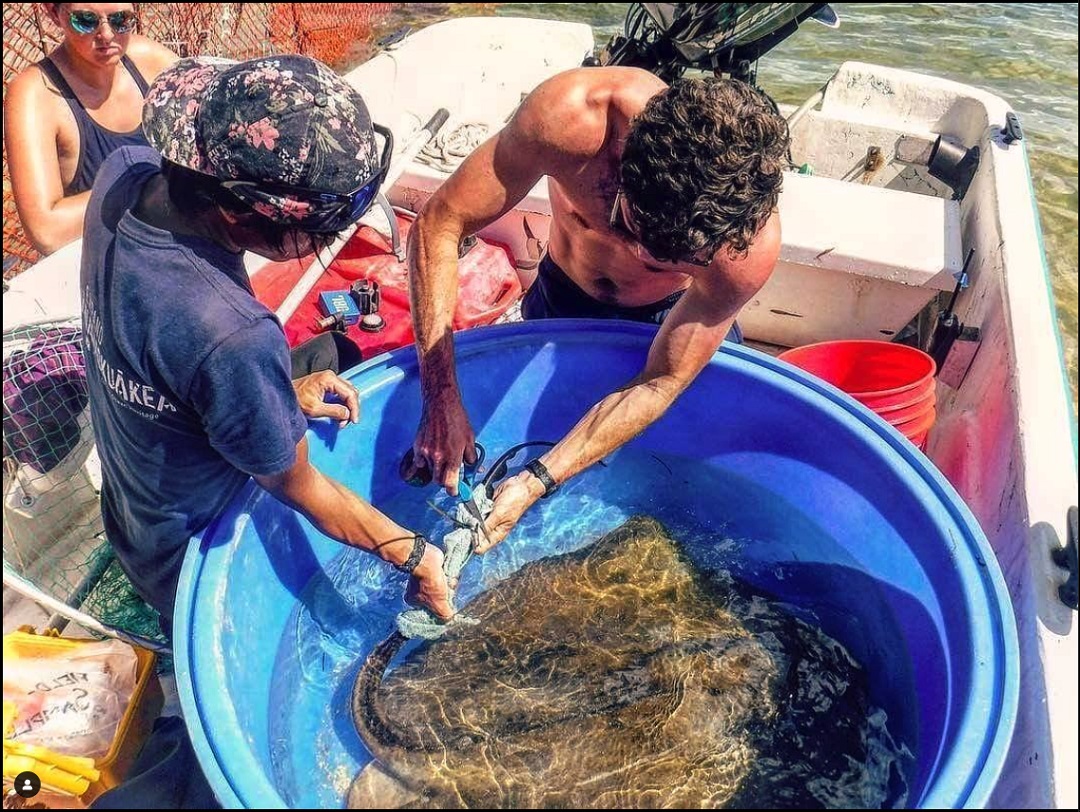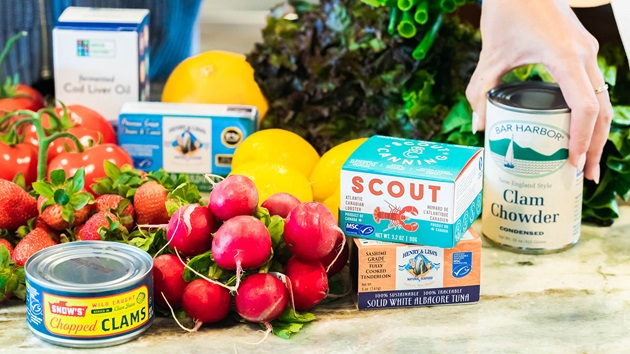Environmental scientist Paul Peden was a favorite contestant for many self-proclaimed 'granola girls' and nature lovers during the Seattle, WA season of the hit Netflix reality show, 'Love Is Blind'.
His passion for science and concern for the environment made him extremely relatable to viewers who care about the outcome of the show and, well, the outcome of our planet.
Related: 5 Tips to Live a More Sustainable Lifestyle in 2024
Nowadays, Paul is balancing what he calls a 'double life' part-time Netflix personality and full-time environmental scientist.
We chatted with Paul to learn more about how he's leveraging this newfound social influence to help protect the environment by raising awareness about the importance of sustainable seafood.
Tell us a little about your personal commitment to the health of the ocean.

Many of you know from my time on 'Love Is Blind' that I am an environmental scientist. I grew up on the coast of the Gulf of Mexico, in the city of New Orleans. It's a place that occupies the perfect intersection of a cultural-seafood-Mecca and a unique maritime environment; a place equally in love with, and beholden to the dispositions of the ocean.
It was there that I discovered my passion for the Ocean, as well as a personal need to better understand–and protect–it. I went on to work in a few fisheries labs including the Red Snapper in the Gulf of Mexico and some shark fisheries in the Bahamas.
I now work in environmental policy protecting the salmon of the Pacific Northwest.
Why do you enjoy cooking and sharing seafood so much?
I've basically been eating seafood since Day One. I've been told stories of me and my brother in our high-chairs reaching out and asking for more Étouffée or Gumbo. My parents are amazing cooks, my dad even ran a Cajun food restaurant. I can remember being constantly kicked out of the kitchen for trying to convince one of the chefs to sneak me an oyster Po' Boy or an order of fried gator.
Both of my parents instilled in me the idea that food is love, and, for us, seafood was the cornerstone of our cuisine. So, when I really want to share my culture with someone and show them love, I love preparing one of the traditional Cajun seafood dishes that I grew up eating.
When did you decide to transform your interest in seafood and culture into a career?

When I graduated high school I, like many people, had absolutely no idea what I wanted to do. One thing I did know however, was that I had an insatiable curiosity for the ocean and the biological world. So after a bit of floundering in my first year of college at LSU studying underwater anthropology, I realized I was really just trying to get to the Ocean.
I quickly switched my degree to Environmental Science concentrating in Biological Oceanography, specifically in conservation and fisheries management, the rest is history.
Why do you think sustainable seafood resource management is crucial for the future of our Earth?
According to NOAA, over a billion people source their protein primarily from the ocean; from that it is obviously in our best interest to ensure this population has access to nutritious, high protein food sources. Besides that, I think that one thing that we don't recognize enough is that biological diversity is a chain, in a fairly literal sense.
As species disappear, there is a cascading effect, a break in the chain leading to population collapse in a multitude of other species. This eventually reaches humans, where populations and entire culture disappear (for example, New Orleans Cajun culture).
So regardless of whether or not you find the oceans life as interesting and beautiful as I do, it is in our own self interest to ensure the balance of the environment where we can.
As an environmental scientist, why do you look for the MSC blue fish label on seafood products while shopping?
Well from a scientist's perspective, I know how complex and difficult it can be to make informed decisions regarding seafood consumption. It seems like the more you read, the more confused you get. There are whole industries and entities that will blatantly deny overfishing and damaging practices.
When you see products with the MSC Blue fish label, it makes it a whole lot easier to trust that the company that you are buying has been vetted by independent, third-party certifiers and determined to meet rigorous, global sustainable fishing standards; and NOT just greenwashing claims made by a brand with no regulation.


